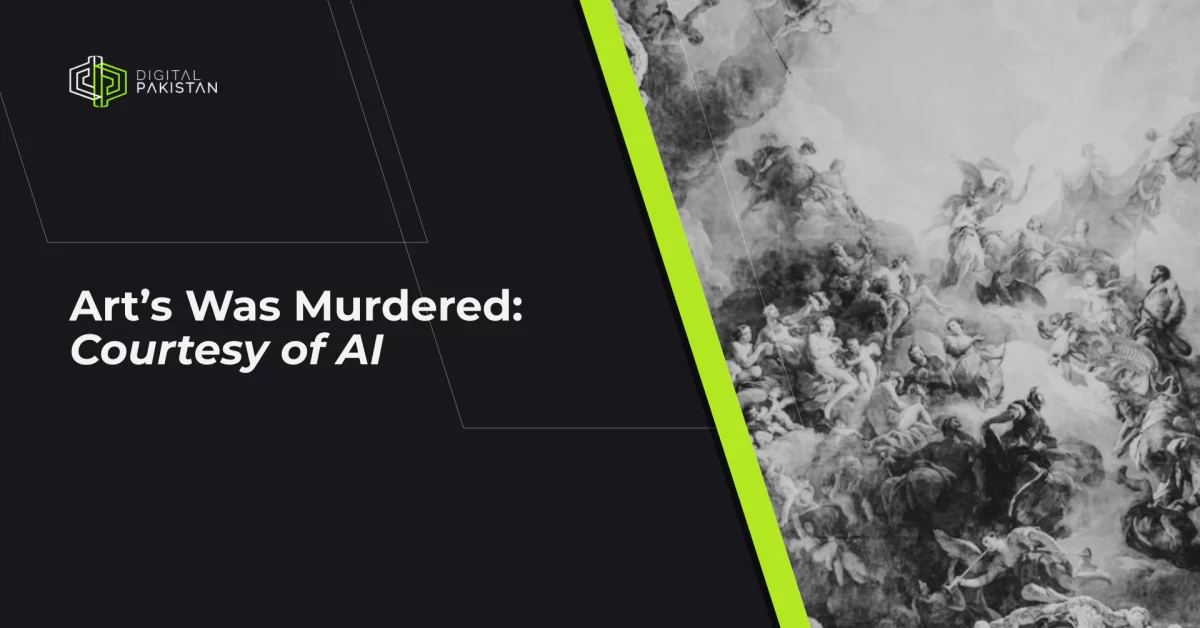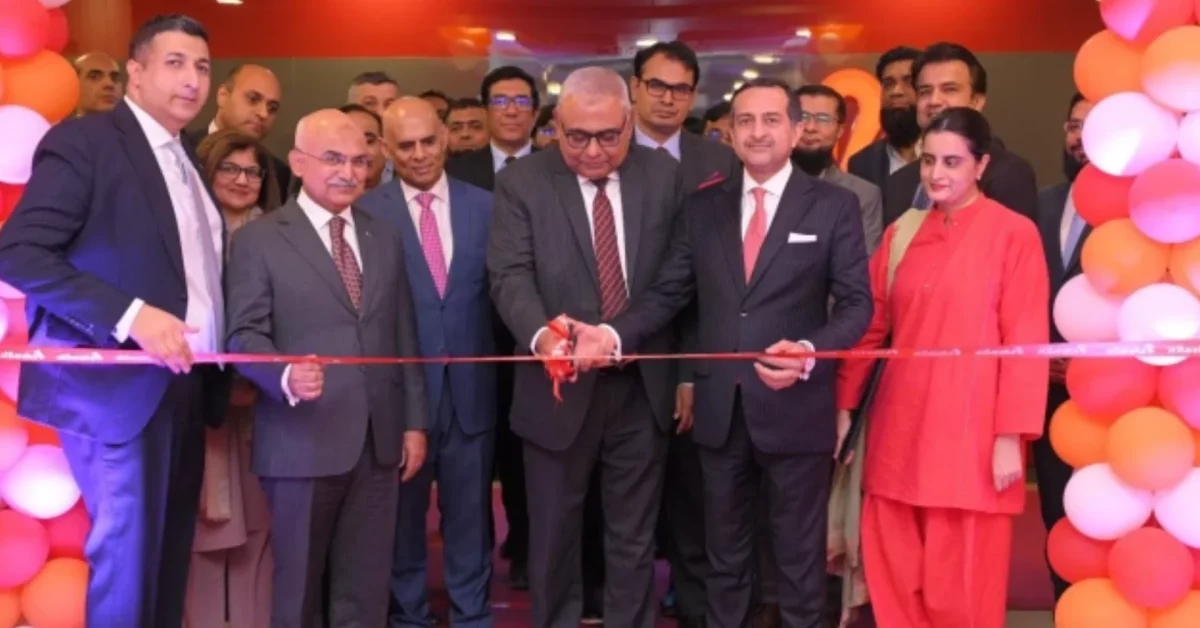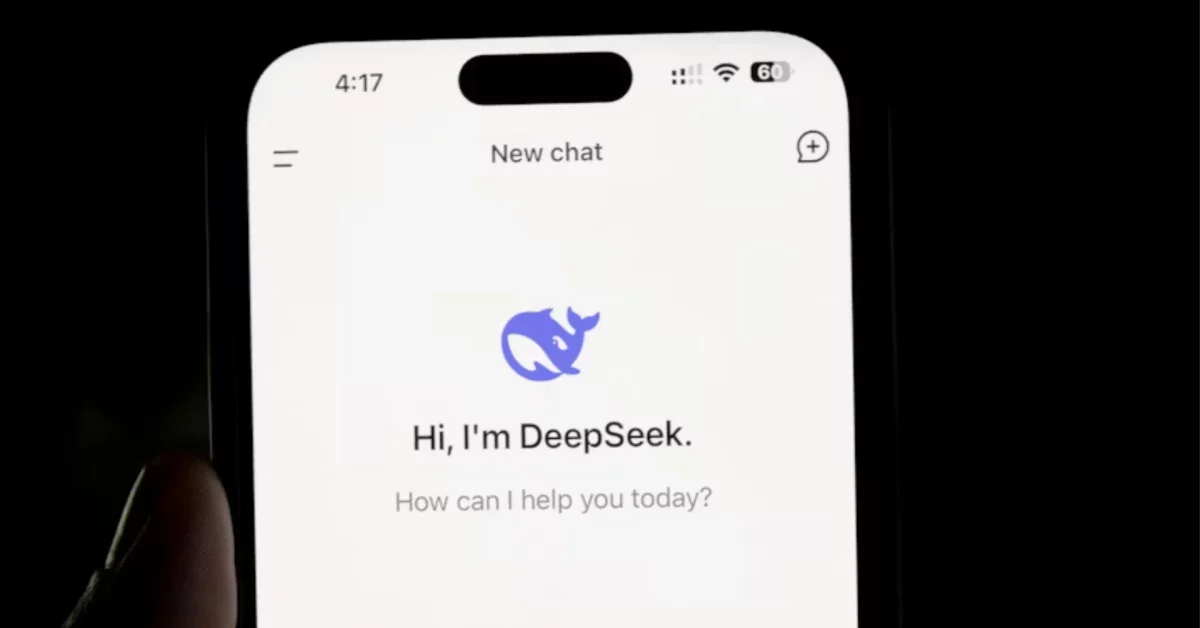
AI Workshop Calls for Accelerated Adoption in Newsrooms and Beyond
August 15, 2025
Zong & ZTE Enhance Pakistan’s Network
August 16, 2025Introduction: From improbable entertainment to ultimate reality
Over the years we have watched cinematic representations of worlds where the lines between man and machine are either blurred or completely annihilated. Some renowned examples that come to mind include: Black Mirror, The Terminator, 2001:Space Odyssey, I,Robot, Ex Machina, Westword, Blade Runner, The Matrix.
We consumed these stories in awe, rushed to purchase movie tickets, and spent hours discussing the exhilarating and mind-boggling events we witnessed through a screen. We hung the movie posters on our bedroom walls, speculated profoundly with friends over the sequels and what might transpire in the lives of our beloved characters.
It was our favorite time-filler communal activity because a part of us believed that as long as there is a screen separating our world from that alien one – it’s all harmless entertainment. They can’t reach us. Who would’ve thought that with a push of a button our entire mortal existence can be replicated and replaced by a foreign Frankenstein entity. That’s malarkey!
Job replacing robots that render you and your talents, around which you’ve built your whole identity – irrelevant? Hogwash! Some saw these blood-chilling, yet exciting, man versus machine tales as improbable fantasies. The horror-stricken skeptics among us posited that something sinister is afoot and these stories are warning signs. Wake up!
As brutal and unsettling as this may sound, it is not the stuff of a hyper-imaginative screen-writer and an over-enthused science fiction director anymore. It is our present; the future we thought was far-fetched is happening right now. Each passing minute, AI machines are getting stronger, more efficient and strategic, and more akin to humans.
The essential fiber of what makes you who you are, your worth, what you are skilled at, down to your life’s purpose, can be easily replicated, altered and eventually wiped out into oblivion. Entertainment screens that acted as a barrier between fiction and reality, are now the vessels through which human consciousness is reaching a painful demise.
What Art once meant to Humans
Art is sacred. It is, perhaps, the oldest method of expression that our mortal minds ever sought. When humans had no means of communicating, no other way of leaving behind impressions of what they did, felt, thought, saw – they had art. It was born in the form of symbols, carvings, charcoal sketches, mud and stone sculptures.
Art was born in caves, on rocks and found in stone. Every living thing seeks expression; so, the human mind, desperate to reveal itself, turns any and every surface into a canvas. Into a page of history that narrated a story of someone, somewhere, communicating to us that, “I was here and this what happened to me.”
To be human meant being an artist. Art was what led to the invention of language, it was a weapon, and held vital evolutionary knowledge about what it meant to be a sentient creature. Humans have needed art to survive since the primal moment of their awakening.
Art continues to be so: a language, a conduit of insurmountable, dare we say irreplaceable, power for pure human consciousness. If we don’t think, reflect, create, feel, express, are we even human? Art is dying alongside everything else that constitutes being human.
A Matter of Authenticity
When we talk about artistic authenticity, one quotation from Vincent Van Gogh stands out more than anything else as a testament of being a real artist, “I put my heart and soul into my work, and I have lost my mind in the process.” So he, like many of his descendants, erupted on the canvas and stirred revolutionary movements in the field.
Van Gogh died as he lived, unfailingly and painstakingly devoted to his talent. A commitment so unstoppable that it made him and his art immortal. When his illness fractured his grasp on reality, creating art was the only truthful and real method his fragmented mind and agonized soul knew of surviving the years he had left.
There are countless examples of painters, writers, sculptors, poets, actors and actresses, musicians etc., who put everything they have in their capacity to honor their commitment to the work they created. Beyond the grave they continue to connect with us through their personally stylized and individualistic work that became their legacy.
An artist’s authentic craft took anywhere from hours to decades of creation, unveiling their most intimate truths. Setting them free in the process. It was a transcendental ingenuity; an exploration of the most extreme imaginations and wanderings into the emotional, ideological, psychological and phenomenal depths of human experiences.
Why is AI Becoming a Death Of Art?
Art served as the architecture of community, culture, religion, individuality etc. Today authenticity is endangered and with it so is the purity of human consciousness. Mass-produced convenience and marketability has trumped our desire for real art. Originality is a word that has lost all meaning because our thoughts are not ours.
They’re artificially infiltrated thoughts generated by another potent intelligence that is not human. The deteriorating need for, and the dilapidating value of, human creativity poses an existential threat to the future of our species. The replicated mindless, soulless AI inventions mark the destruction of culture and paramountacy of artistic ingenuity.
Movies, music, theater, paintings, are devoid of genuine and meaningful artistry now. Our future generations are coming of age with AI art that profits massively off of their large-scale consumption of hollow and vacuous content. Content that doesn’t require you to think deeply and analytically. It’s fast, easy, uninspiring and emotionally vacant.
AI art is born more from a standpoint of capitalist greed than from a necessary from a passion and skill to create. It numbs the consumer’s senses just enough to deprive them of this desire and passion for honest self-expression. Until they are entirely acquiescent to characterless, emotionless, dull-witted AI productions.
Put In the Work or Put In a Command?
You can’t become an artist overnight. Just like you can’t acquire a talent, with no skill training, natural aptitude, and any kind of background, out of thin air with a snap of your finger. Or in this case, by typing in a command on an AI tool. Nobody is now concerned with whether or not what you’re producing is organic or artificial.
So, why bother putting in the hours that it takes to perfect a brush stroke? Why study the virtuosity of performance to diversify and polish your techniques? Why experiment long enough to arrive at the right melody? You don’t need to re-write the same line until you’ve landed on the precise vocabulary that captures the essence of your visions.
Why bother investing physically, financially, emotionally, psychologically into refining your raw talents, into reaching beyond your limits as an authentic artist – when you can simply type in a few sentences and let AI take it from there. It makes anyone into anything they want all in a matter of a few minutes.
A lifetime of honest labor, a lifelong dedication of blood, sweat and tears, removed and superseded by a few minutes of AI generated media. Insincere, unfeeling, exploitative, fraudulent lookalike reproductions from a couple charlatans. It is, in any event, a mockery of the ones who sacrificed themselves in devotion to their art.
Conclusion
Nothing kills the pulse of an artist faster than the knowledge that their craft, and by extension the core of their Self, is condemned to the doomed and forsaken canyon of irrelevance. Given the facts we’re presently dealing with, the foreseeable future appears dreadfully bleak.
The AI revolution is gaining momentum at an indomitable rate. What might’ve started as a means of assistance, is barreling out of control faster than we can learn to rectify the imminent consequences. Like many industries, artists are under an immediate and critical peril, gradually being effaced and stamped out of existence.
As the demand for real artists depletes, so will the need for infrastructure and resources required to create them. The face of our species could possibly change exponentially into an a vague, indistinctive, psychologically enslaved creature that is deprived of the traits that once made it human. A creature hungry for what it used to be.
Read more: Tech Feudalism in Pakistan: Lords of the Digital Age






